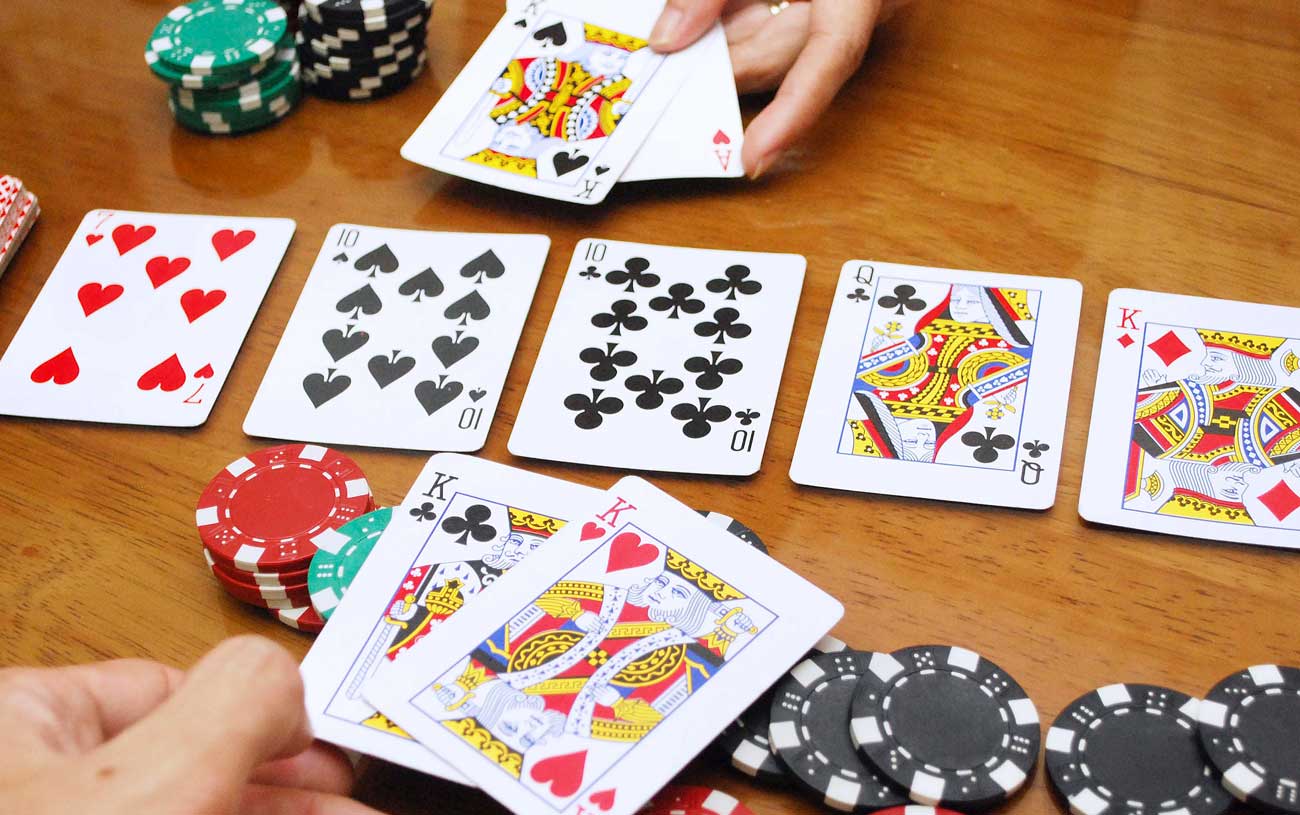When it comes to playing Texas Hold’em, having a solid understanding of hand ranges is crucial to your success as a player. Hand ranges refer to the group of hands that a player could reasonably have in a given situation based on their position, actions, and behavior. Understanding hand ranges can help you make more informed decisions and ultimately increase your profitability at the poker table.
Why Hand Ranges Matter
Hand ranges matter because they provide a framework for decision-making in poker. By understanding the range of hands that a player could have, you can better assess the strength of your own hand and the likelihood that your opponent has a better hand. This information allows you to make more informed decisions about whether to bet, call, or fold in a given situation.
Hand ranges also matter because they help you avoid making assumptions about your opponent’s play. It’s easy to fall into the trap of assuming that your opponent has a particular hand based on their actions, but this can lead to costly mistakes. By considering their range of possible hands, you can make a more accurate assessment of their play and make better decisions as a result.
How to Determine Hand Ranges
Determining hand ranges requires a combination of observation, analysis, and intuition. You need to observe your opponents’ actions and behavior to get a sense of their playing style and tendencies. You also need to analyze the situation at hand, including the board and the betting patterns, to narrow down the range of possible hands your opponent could have.
Intuition plays a role in hand range determination as well. As you gain experience playing poker, you’ll develop a sense of which hands are more likely for your opponents to have in a given situation. This intuition can help you make more accurate assessments of your opponents’ ranges and make better decisions as a result.
Using Hand Ranges in Your Strategy

Once you’ve determined your opponent’s likely hand range, you can use this information to inform your own strategy. For example, if you believe your opponent has a strong hand, you may decide to fold rather than risk losing a large pot. Alternatively, if you believe your opponent has a weak hand, you may decide to bet aggressively to pressure them into folding.
Hand ranges also come into play when making decisions about your own hand. If you have a strong hand, you may decide to bet aggressively to extract value from your opponent’s weaker hands. If you have a weak hand, you may decide to fold rather than risk losing more chips.
Hand ranges are a fundamental concept in Texas Hold’em strategy. By understanding your opponent’s range of possible hands, you can make more informed decisions and increase your profitability at the poker table. While determining hand ranges requires a combination of observation, analysis, and intuition, the effort is well worth it in terms of improving your overall poker game.


